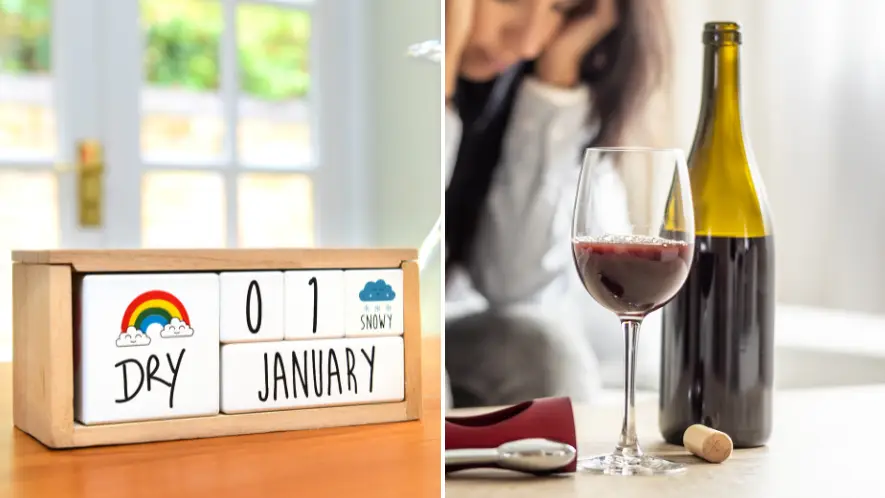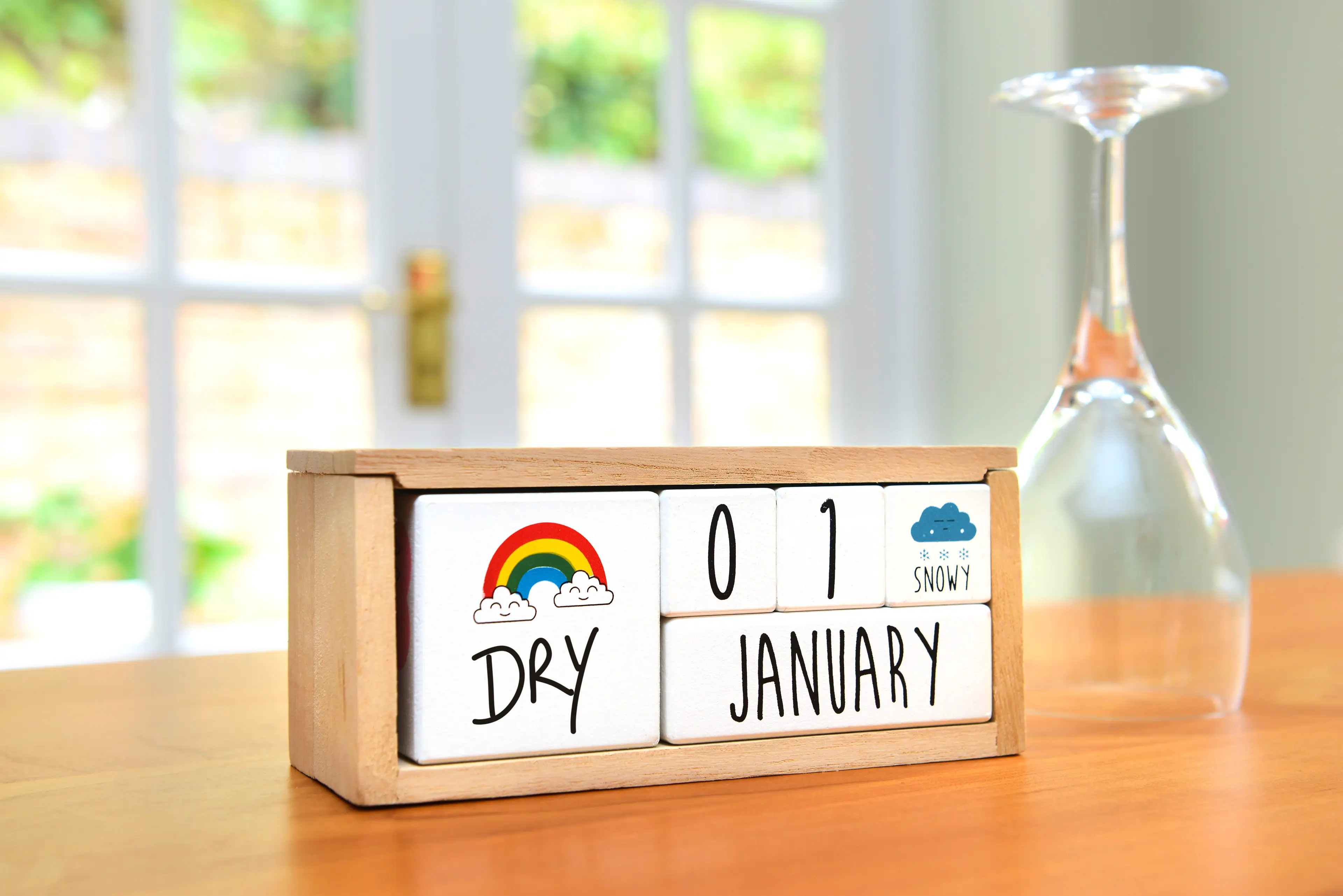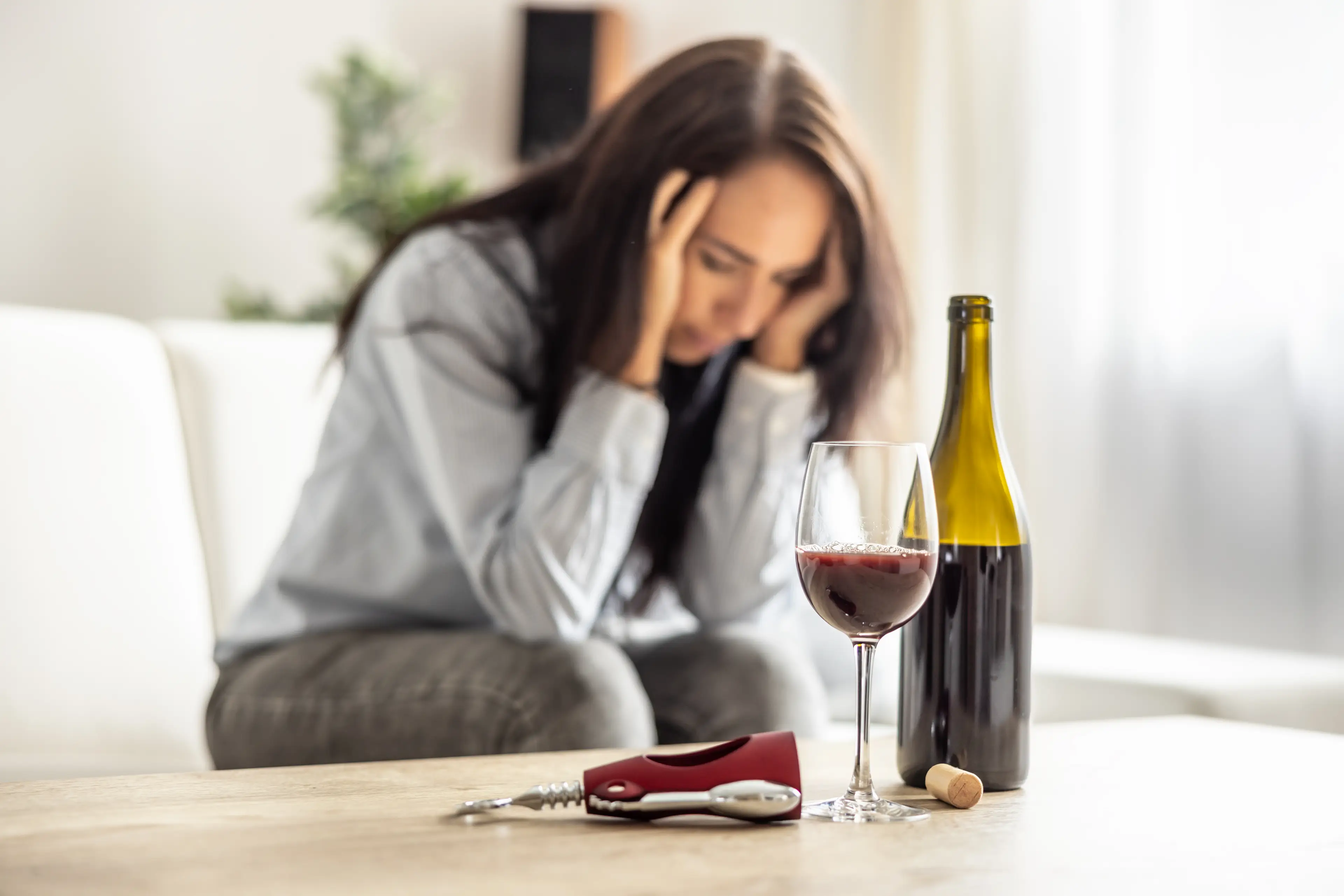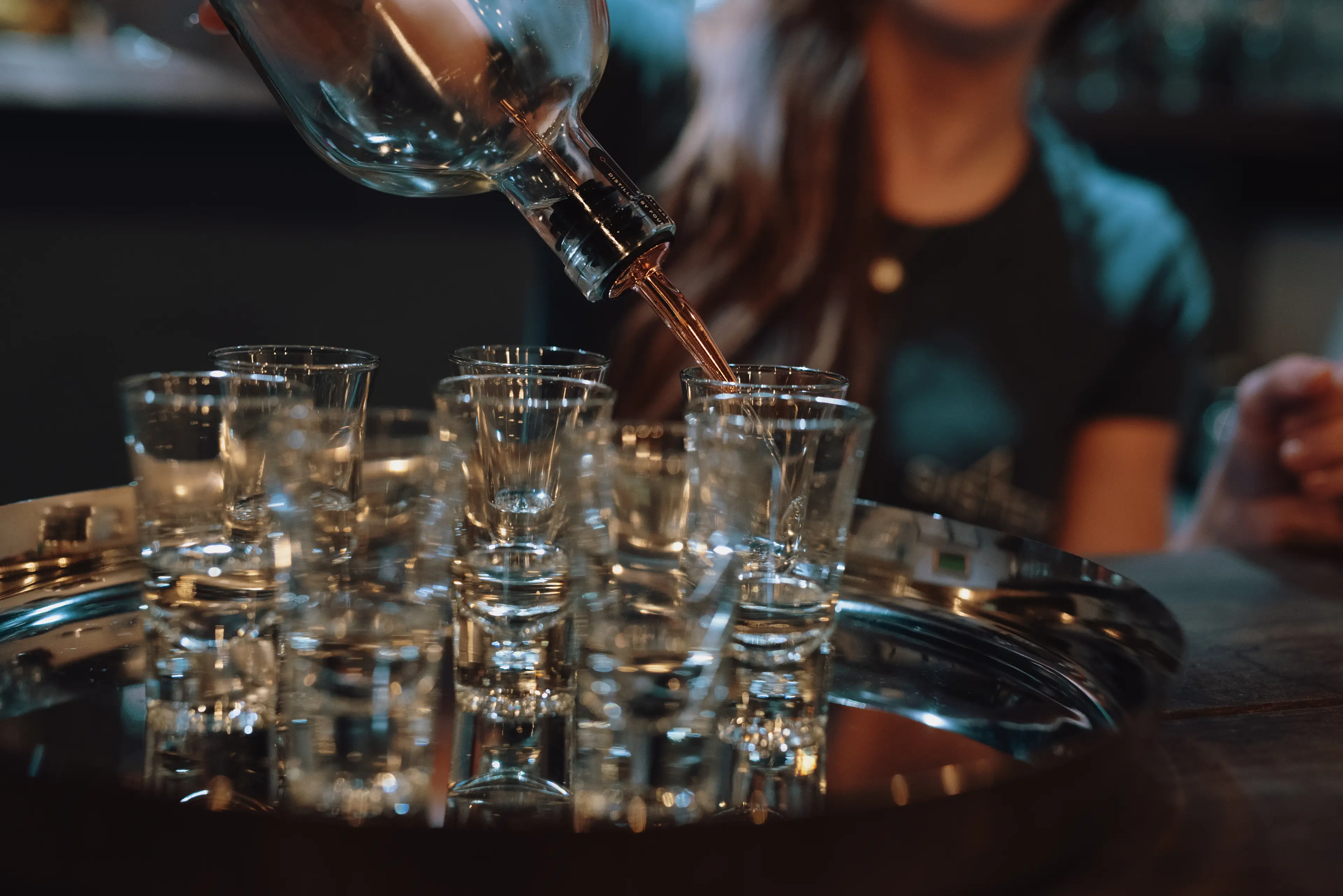
For many part-takers, Dry January marks a fresh start - whether that be in a bid to detox after a booze-fuelled Christmas, an effort to lose a few pounds or purely just to test your endurance.
And for individuals who rely heavily on alcohol, it can serve as the first step in a journey to implement a healthier lifestyle.
There aren't always clear signs of alcoholism, however - as addiction specialist Dr Dave Barker told us this week - and the symptoms of a drinking habit can differ hugely from person to person.
That said, however, Dr Barker - who works as an expert for Gladstones Clinic - believes there are 10 means of measuring the extent of alcohol dependency.
Advert
These, he says, can also be used to determine whether or not a person should be classified as an alcoholic.

1) Social events
If you find it tricky to imagine attending a social event without some form of alcoholic beverage, or dread the idea of talking to someone without the confidence that booze famously gives drinkers, he says this could indicate an unhealthy reliance.
2) Stress
"Using alcohol as a way to manage stress, anxiety, or difficult emotions can become a dangerous cycle," Dr Barker explains, adding that Dry January can serve as a good opportunity to delve deeper into what is causing the stress.
As a result, healthier coping mechanisms can then be explored.
3) Been there, done that
Much like other habits like smoking and gambling, if you've tried to quit drinking before but have always relapsed, this could serve as a sign of dependancy.

4) It's never just one
Find it hard to stop drinking once you've had a couple? Or do casual drinks often dissolve into a full blown night on the town? It mightn't just be your friends that are the bad influences.
"Consistently over-drinking could be an indicator that your consumption is becoming less controlled," Dr Barker explained.
5) Drinking alone
Attempting to disguise how much alcohol you consume from others - whether that be drinking behind closed doors, or doing shots in secret - this could be a warning sign that reportedly shouldn't be ignored.
6) Backwards priorities
If your boss suddenly complains that your professional endeavours have started slacking, you're always late when visiting family members, or you've given up on several of your previous life goals, it may be because alcohol is absorbing all of your priorities.

7) 'Hangxiety'
We've all been the victim of an absolutely brutal hangover at one point in our lives, but if you're finding yourself waking up with a deep sense of anxiety or regret more regularly that you'd like, Dr Barker says it 'could mean alcohol is negatively impacting your mental health'.
8) An aid to relaxation
If you feel you can't properly unwind without a cheeky beer or a little glass of wine - and, because of this, you're having one most evenings - it may be that you're struggling with a severe level of dependancy.
9) Increased tolerance
Has the amount of alcohol you need in order to 'feel drunk' gradually increased over the years? Do you feel like you need to take on much larger amounts of booze to achieve the confidence you're seeking?
If you answered 'yes', this could be a big problem.
"Needing more alcohol to feel the same effects is a sign that your body is adapting to your drinking habits," Dr Barker explained. "Which can be a precursor to addiction.

10) Defensive?
If comments made by other people about your drinking habits really grate on you, 'this could be a sign that deep down, you’re aware there’s an issue', Dr Barker continued.
Asked his general advice for any frequent drinkers thinking of giving themselves a break this January, he described it as a perfect 'opportunity to pause and take stock'.
"If you recognise any of these warning signs, it might be worth exploring your relationship with alcohol further. The New Year is the perfect time to make small but meaningful changes for a healthier future.”
Topics: Health, Life, Alcohol, Mental Health